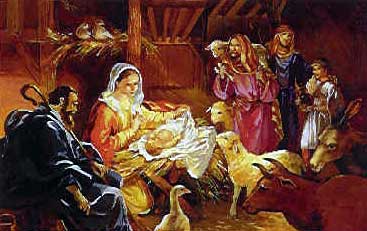Welcome to the World of Christian Fantasy
So youâre a Christian. And you love fantasy, science-fiction, or other speculative stories.
You might even particularly like these stories if theyâre written by Christians.1
And of course, you might be thrilled to find that, as a Christian yourself, you enjoy writing your own speculative storiesâeither as a hobby or with longterm publication goals.
If so, then we welcome you, using whatever âgeekyâ expressions or quotes you prefer from your favorite fandom. However, the leading quote in my mind is Nick Furyâs (Samuel L. Jackson) caution to Tony Stark in the end-credits scene of Iron Man (2008):
You think you’re the only superhero in the world? âŚ
You’ve become part of a bigger universe. You just don’t know it yet.
Now that youâre here, we at Speculative Faith have some advice for youâto help you take a quick course on this âworldâ as you meet your new neighbors whoâve built it over decades.
 World 1: Your local church
World 1: Your local church
If youâre a Christian, youâre called to an amazing mission. Youâre called to partner with other Christian sisters and brothers in a thing (even an âinstitutionâ) called the Church.
Itâs an incredible idea: a network of organized and diverse separated communities. Their members train to learn about Jesusâs nature and mission, how to love Him, obey Him, heal and resist the shrapnel of sin, and remember Him with singing, sacraments, and fellowship.
Lately the idea of Church, and those distinct âchurches,â gets some resistance. Some like to claim churches have been filled with such bad creative work, even opposition to fantasy stories because of legalistic reasons, and sometimes even abuse, that we can minimize organized churchesâ importance. Or maybe we can just stop going. I mean, we donât go to church anyway because Church Is More Than a Building⢠and we are the Church, right?
Christians must surely be sensitive to our different harms at the hands of bad churches.
But the âyou can skip the join-a-church partâ reasoning wonât work for at least two reasons.
First, from Scripture: Jesusâs apostles organized churches. They gave specific commands about qualified teaching elders, deacons, money collection, singing, the Lordâs Supper and more. So the church is more than just âChristians hanging out doing Christian things.â
Second, from logical consistency: if we reject, say, buildings or organization because people misuse these, couldnât other Christians be right to reject fantasy due to its misuse too?
Of course we canât simply suggest âget a church!â as if itâs that easy. A decent local church can be hard to find. Many churches are so desperate for Methods to pack in Populations that they fail to appeal naturally to individuals (to say nothing of the Lord they need to please first anyway). But even if youâre stuck without a local church home for now, stay open in case Godâperhaps through family or friendsâleads you to the right local church.
World 2: Other Christian fantasy readers
Anecdotally, it seems fantasy fans like to write similar stories, more than fans of other book genres like biography or mystery novels. Chances are youâre a writer of some kind yourself.
But we canât overstress the value of thinking first as a fan and reader of fantastical stories.
 For fans who donât care for writing, thatâs easy. But if youâre a writer, you may need a little more coaxingâespecially if youâre in âfirst day on the internetâ kid mode, and everything looks so shiny, and you just canât wait to reveal youâre a Christian! who writes! fantasy!
For fans who donât care for writing, thatâs easy. But if youâre a writer, you may need a little more coaxingâespecially if youâre in âfirst day on the internetâ kid mode, and everything looks so shiny, and you just canât wait to reveal youâre a Christian! who writes! fantasy!
If you think as a fan first, youâll help preserve your natural passion for stories whenever the writing proves frustrating (especially if youâre trying to do this professionally). Youâll resist becoming a fallen Writing White Wizard, who delved too deep into industry secrets and may have a mind of marketing metal and stylebook wheels. And youâll connect with other non-writing Christian fantasy fans whose passion will help reinforce your passion.
Honestly, youâll need  that fan-passion because right now, no Christian publishers are investing seriously in fantasy writers. Itâs really not even their fault. Itâs due to lack of readers. But if we grow this generation of fan enthusiasm ⌠what could we do then?
For any such fans, we recommend SpecFaithâs sister project, Lorehaven. Weâre exploring new Christian-made fantasy through book reviews and book clubs. Our first digital magazine releases in a matter of months. But weâve already begun work to recruit readers to get involved and start book clubs (such as my own for Firebird in Austin, Texas).
World 3: Existing groups and websites
Finally, we recommend becoming a fan of the many communities throughout the real world and the internet, to encourage and equip Christian fans of fantasy.
 We mentioned the new Lorehaven projectâan affiliate of this website.
We mentioned the new Lorehaven projectâan affiliate of this website.
This ministry of Speculative Faith has been operating (with one interruption) since 2006.
And since 2013, Realm Makers has grown to power the craft side of Christian fantasy. Each year the conference draws authors, aspiring writers, agents, publishers, and more fiction professionals for three to four days event, such as this yearâs event July 19-21 in St. Louis.
Realm Makers also announced a new membership program. It drops conference expense and comes with many more perks to help fantasy writers sharpen their skills.
What if youâre not a writer? You should still come to Realm Makers. You can geek out, meet authors, get stacks of books and collectibles, partake in the Nerf War, and join all the fans of Jesus and fantasy for a cosplay dinner during the book awards announcements.
Yet this world is far bigger than Speculative Faith, Lorehaven magazine, and Realm Makers. Many great resources exist for Christian fans (and writers). We can even add them below.
Whatâs your resource?
What stories do you love?
What stories might you write?
Weâd love to know you, and join your world with all of oursâ, for our own Authorâs glory.
- For my part, whenever I say âChristian fiction,â I mean âfiction by a Christian.â This includes room for both overt Christian concepts and language, and more subtle expressions of these. ↩


































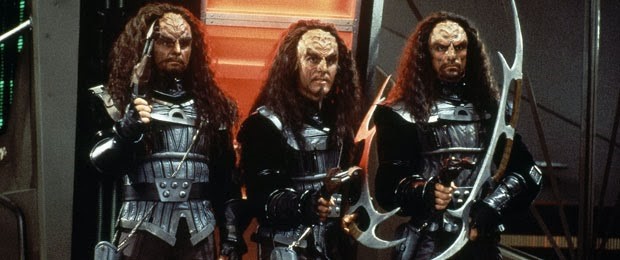

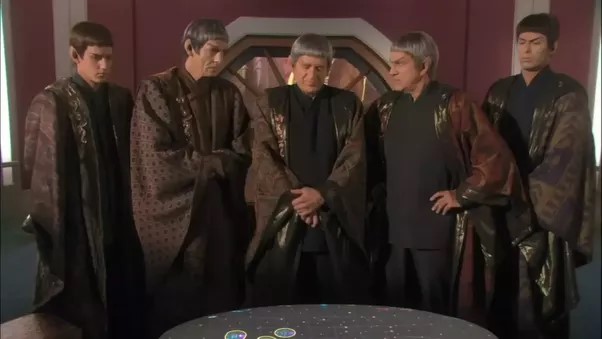




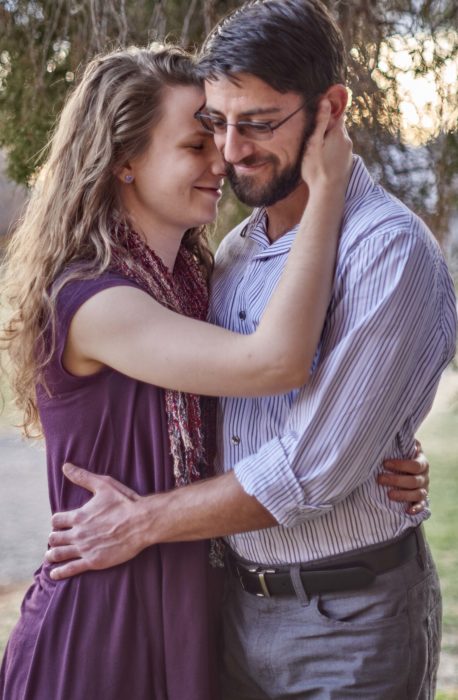





 Do I tire of the sexual revolution agenda moments?
Do I tire of the sexual revolution agenda moments? Would I prefer the Doctor remain a man?
Would I prefer the Doctor remain a man?


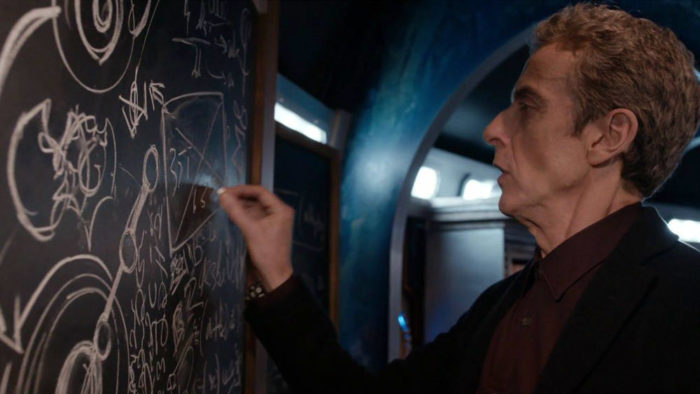
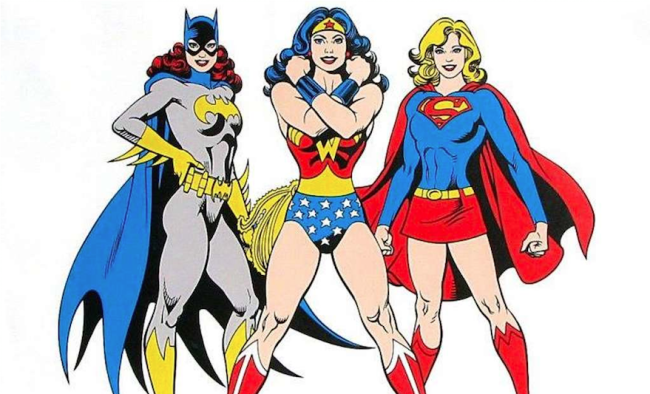
 That’s not to say that things don’t change. The general trajectory does not but the train cars gets shuffled around, people get booted out of first class and others take their seats, and sometimes whole carriages are lost. Seismic shifts happen in the little lives of the people on board, though to a distant observer, things are chugging along as they always have.
That’s not to say that things don’t change. The general trajectory does not but the train cars gets shuffled around, people get booted out of first class and others take their seats, and sometimes whole carriages are lost. Seismic shifts happen in the little lives of the people on board, though to a distant observer, things are chugging along as they always have.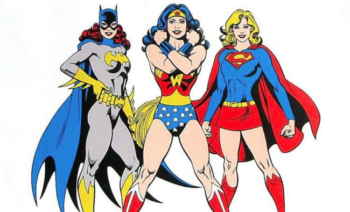
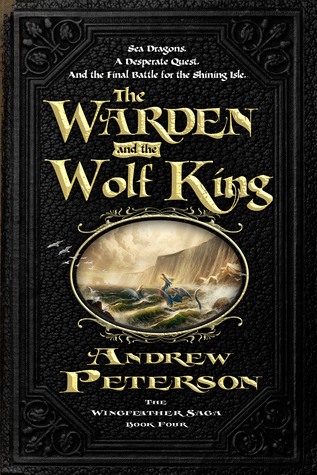
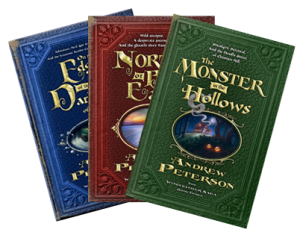 You may or may not have read Andrew Peterson’s four-book middle grade/young adult fantasy series called The Wingfeather Saga. For two years, Andrew and a dedicated group of creatives have been at work producing a short animated film that introduces the characters and gives a hint at the plot.
You may or may not have read Andrew Peterson’s four-book middle grade/young adult fantasy series called The Wingfeather Saga. For two years, Andrew and a dedicated group of creatives have been at work producing a short animated film that introduces the characters and gives a hint at the plot.